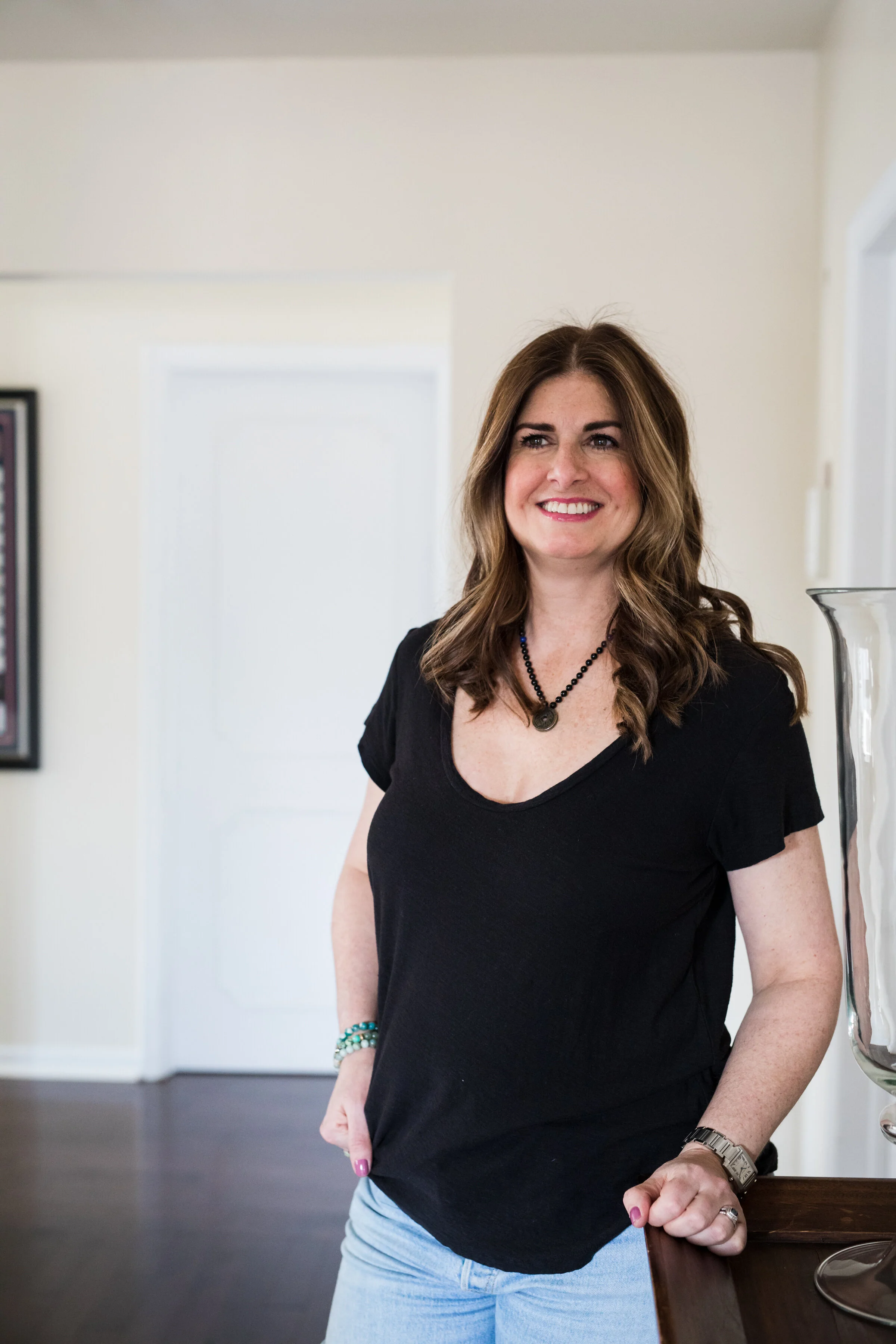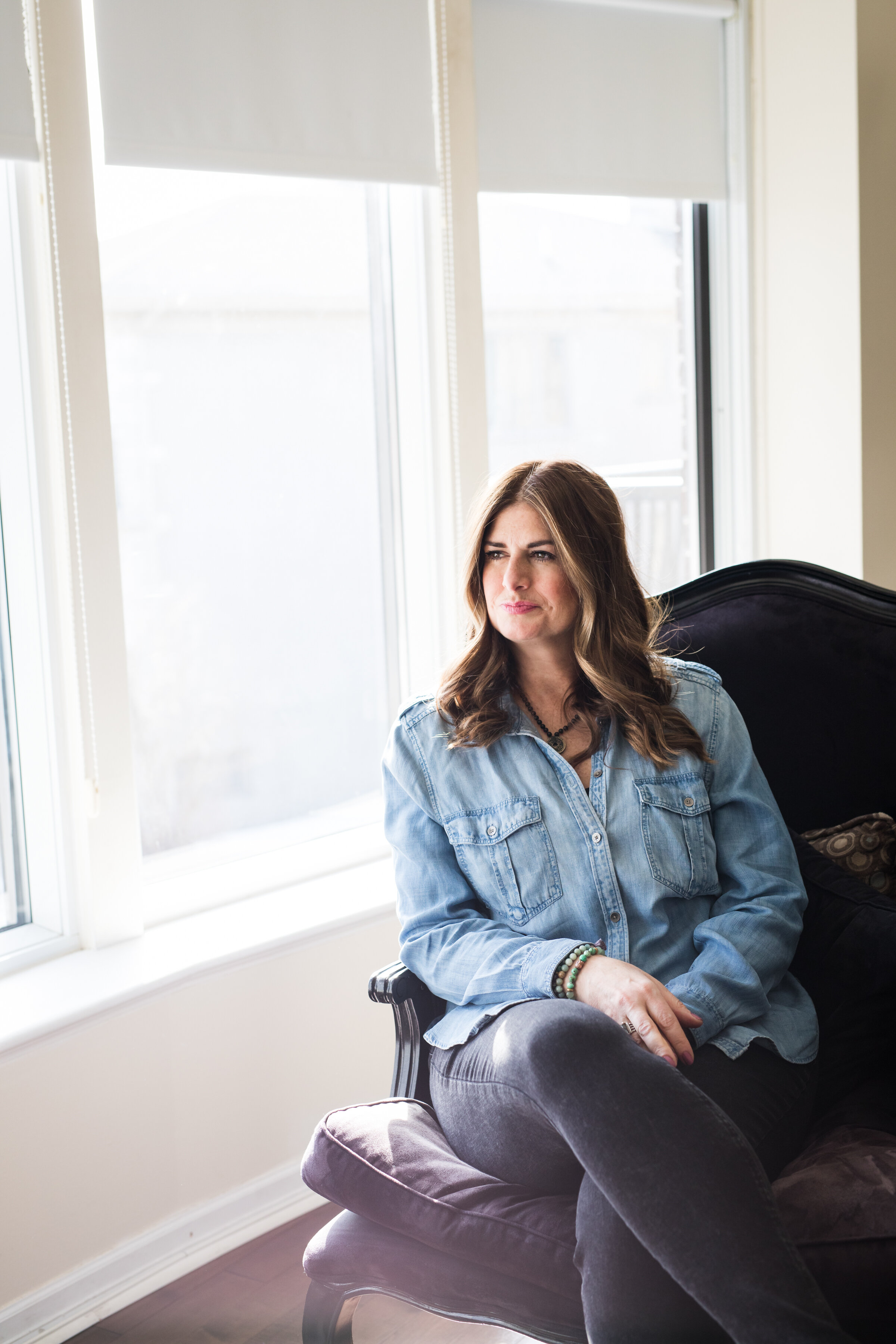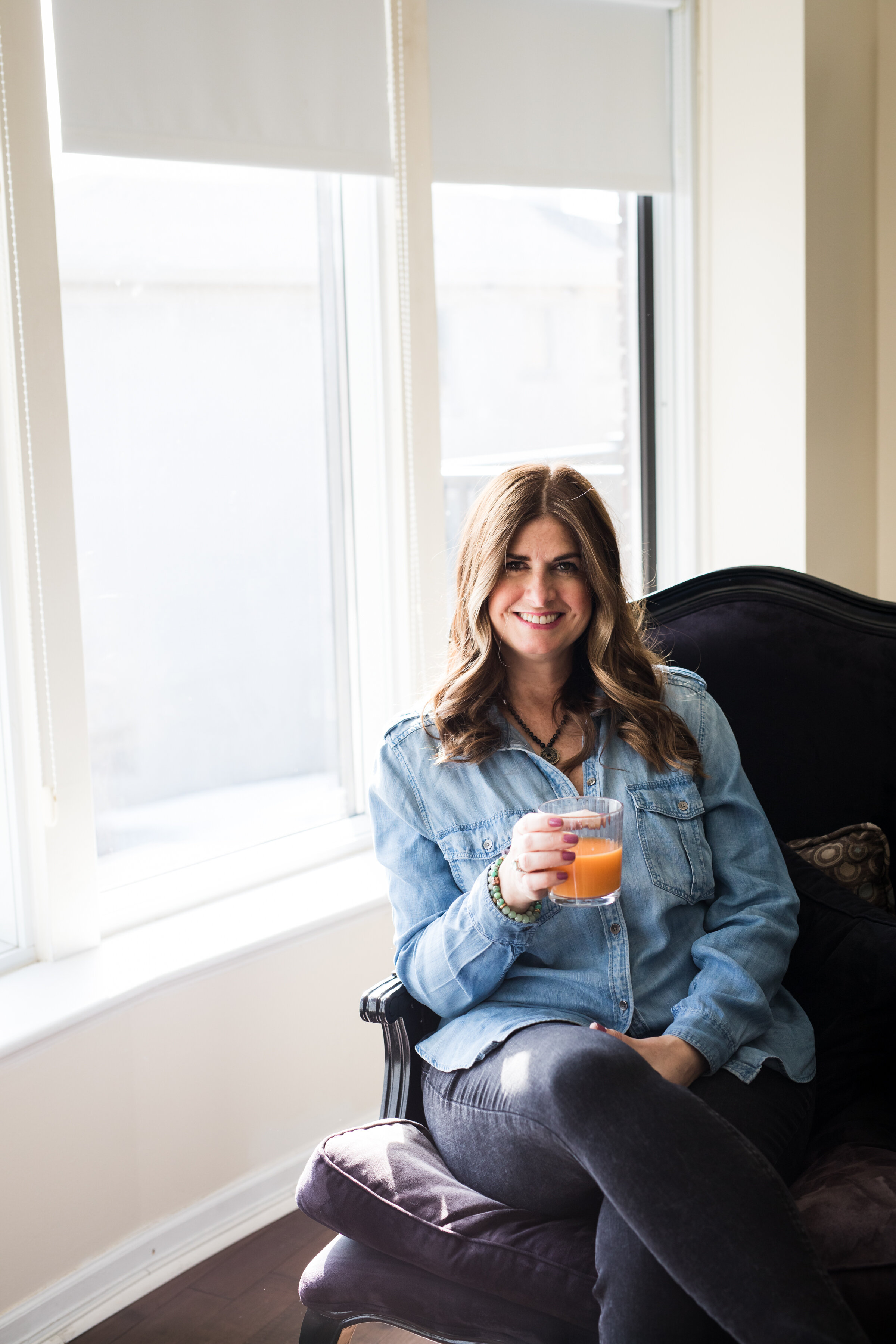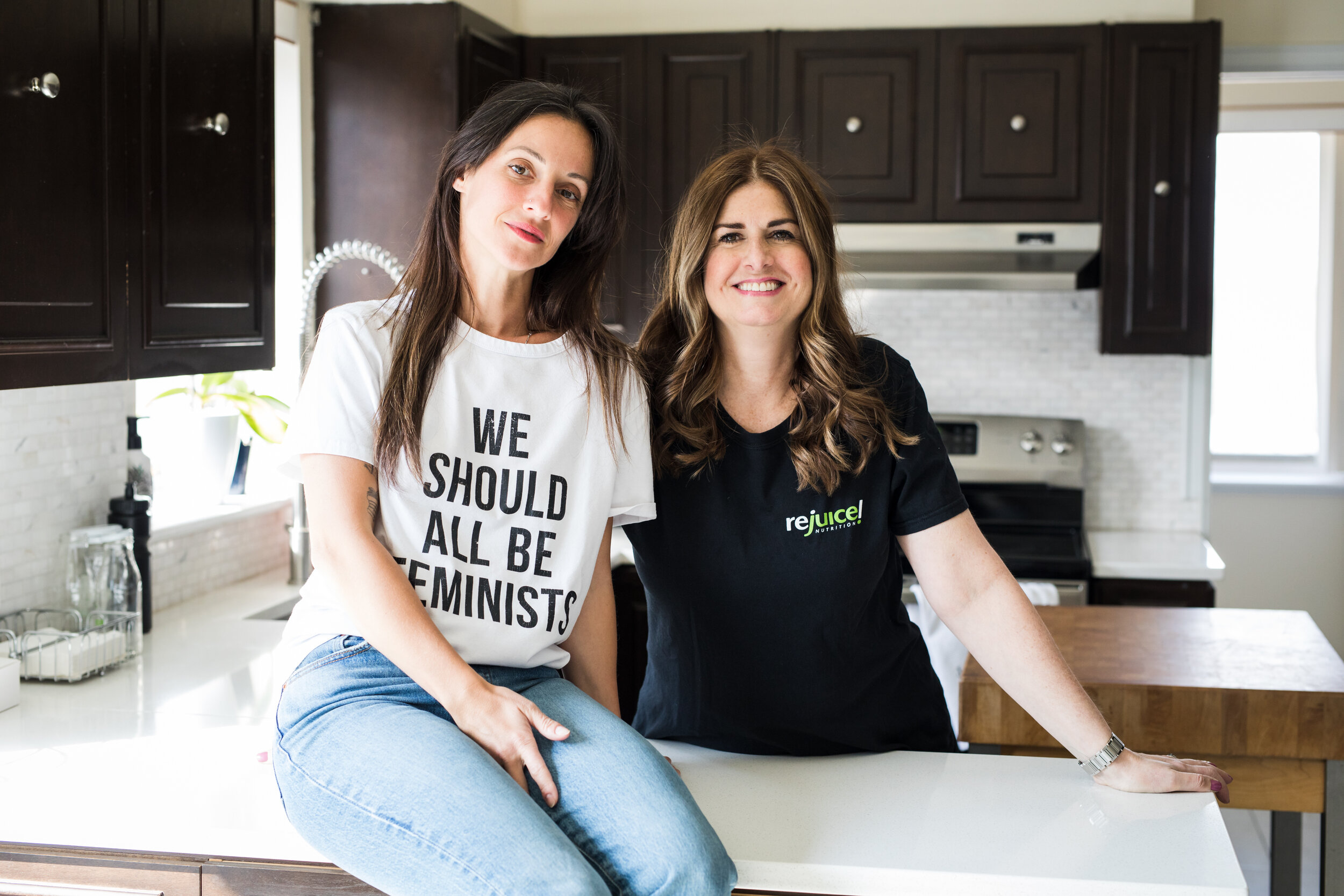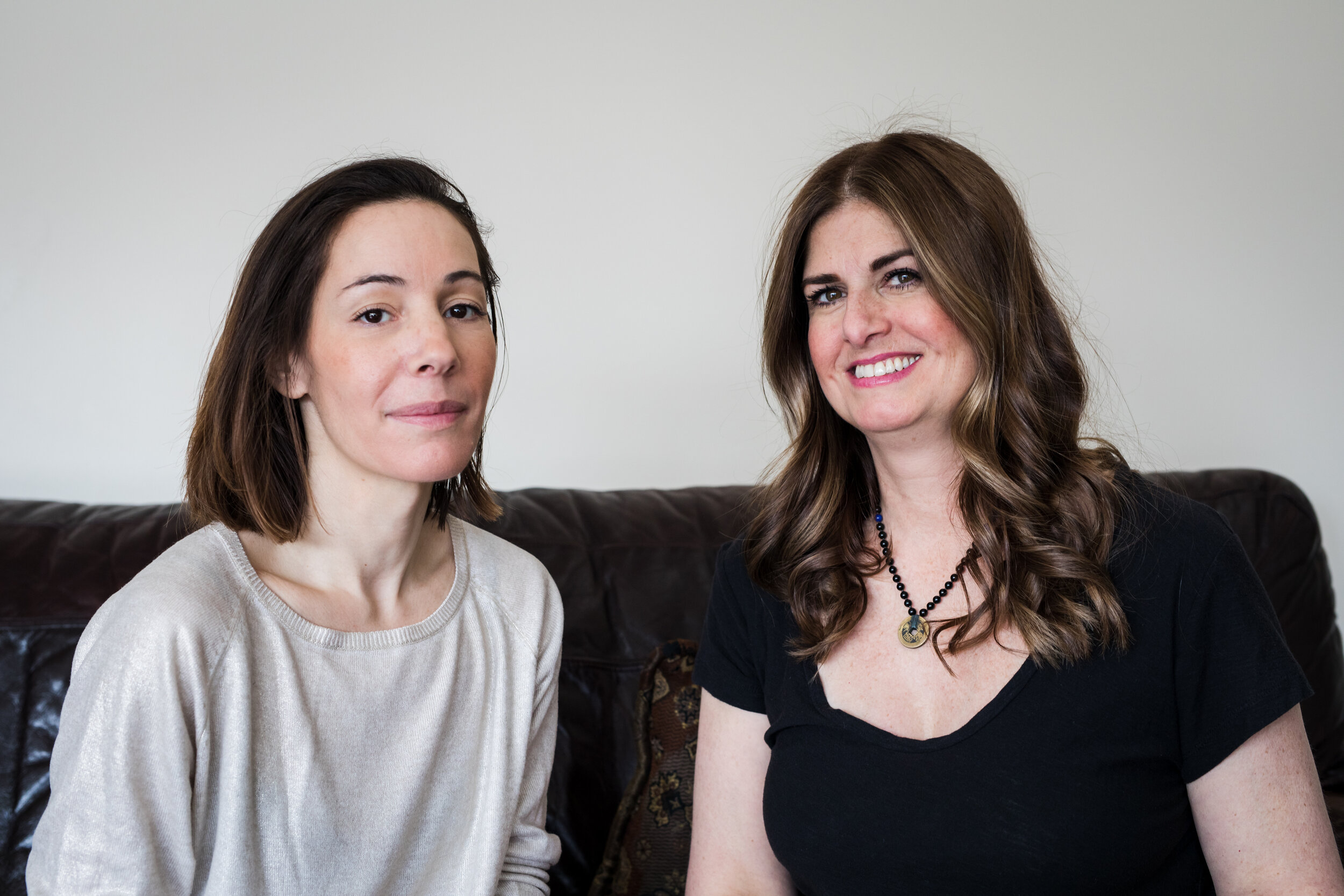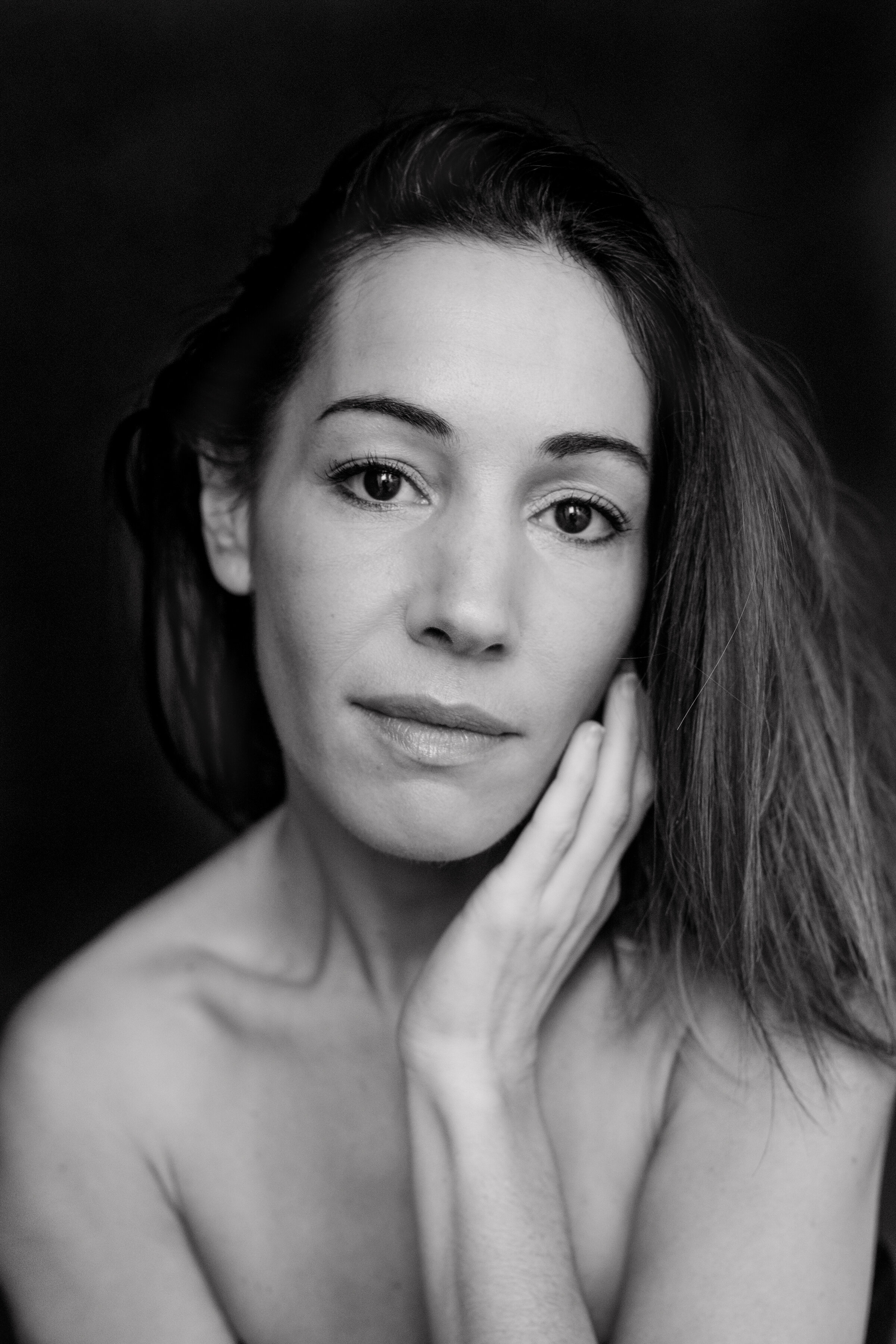The Ethos of Motherhood
Written by Alecs Kakon
Photos by Jen Fellegi
Who I am as a mother lays fundamental groundwork in how I see myself as a human. I uphold the role of mother with an immense sense of duty and I fulfill those duties with the enormous generosity of my heart. Since I was very little, I would perform mom when I played family house, I would beg aunts to let me change my cousin’s diapers, I dreamt of the time I would eventually have my own children and I remember writing manifestos about my hypothetical parenting values. When I first met my husband, one of the first conversations we had was me declaring that I had to have children and I had to have them soon; it was a make it or break it for our relationship. After our engagement, we got pregnant right away. From the moment I saw the +yes on that test, I became a mother. Something inside of me shifted and all of a sudden, just like magic, my hopes and reality were aligned. It might sound ethereal, but I finally felt complete. Ten weeks in, I miscarried. I was devastated. In the same instant that I learned I had lost the baby, I turned to my then-fiancé and said, “we’ll try again right away, no waiting.” I couldn’t let this be my story, I couldn’t let my dream slip away without taking action. It was a site of conflict for us because we were affected by the loss differently. Also, he didn’t feel the same sense of urgency to have children as I did. It’s been almost eight years since that day and I’ve pondered the loss many times to make sense of why it hit me so hard. Here’s what I’ve come up with: first, I had lost my first child, full stop; second, although I have since become a mother to three beautiful and healthy children, wrangling the thought that I could’ve potentially lost the chance to be a mom (or at least, carry my biological child) was way too huge a reality check for me to deal with; and finally, I realized why I had to become a mom and have my own family. I realized that I needed to rewrite parts of my past that were not healed. I needed to parent myself and in becoming a mother, I would be able to tend to my inner child. Sitting down with Joanna, we talked about loss, finding the strength to move forward and the ethos of a parent-child relationship.
Understanding that there are infinite ways to love and be loved, Joanna travels back into the memories of her childhood to describe what it was like growing up in a household that lacked the warmth and care she needed as a little girl. Thinking about the effects of neglect and negativity that governed her past, Joanna explains how her upbringing seeped into her adult life and took on an omnipresent force. “My mother wasn’t there for me,” Joanna describes. “She didn’t check my report cards or make my school lunches, but more than that, she didn’t give me emotional support or the attention I needed.” Stripping it down to the bare essentials, a mother-daughter relationship is more than simply the woman who cooks your meals and teaches you good hygiene, she is a guiding source of comfort, and if well nurtured, the relationship can be one of the most powerful first friendships. We watch the way our parents show love and we use that dynamic to inform our understanding of what love is, but when the model we have is unhealthy, bordering on toxic, our love language is swayed in the wrong direction. What happens is that our formative years are void of the tools we need to learn self-love and we aren’t provided the skills we need to communicate our feelings. As we grow and mature into adulthood, unless we’ve done the work to unlearn the internalized noxiousness of our past, well, it’s safe to say that we will live out versions of unhealthy dynamics in many relationships to come. It’s what we witnessed, it’s what we know. I say we, because I am not exempt from this paradigm.
Joanna and her husband were married for about 12 years, all of which she spent in a cycle of pregnancy and loss. At 32, Joanna lost her first pregnancy. At 36, five miscarriages later, Joanna and her husband celebrated the birth of their first son. They then went on to keep trying for a second child, only to go through another five miscarriages and eventually, a stillborn at five months. “I spent ten years of my life on bed rest,” Joanna describes. “We went through so much loss and endured so much pain. The whole thing tore our marriage apart.” Even the strongest of marriages are tested in times of such devastation, and Joanna can clearly remember the strain that such loss put on her marriage. However, Joanna had an added element of trauma working against her relationship. “We were both so sad and depressed, but I felt I wasn’t getting the support I needed. I didn’t feel like anyone was there for me.” Many years of deep introspection have led Joanna to understand the magnitude of what was truly at play during that decade. Although there were palpable moments of emotional neglect, Joanna has poignantly identified that the wounds of her inner child had not been tended to, and so her relationship with her then-husband had started reminding her of the relationship between her parents as well as her own relationship with her parents. “My husband couldn’t love me the way I needed to be loved, because I couldn’t communicate what I needed and how I wanted him to be there for me. Because I hadn’t healed from my childhood, the neglect felt magnified, the lack of support felt huge. I felt all the pain doubly.” With expectations of wanting him to give her exactly what she needed—without articulating what it was she wanted—Joanna realized that even had he jumped to task, she might not have known how to accept it.
Rather than hold onto the pain and allow it to cloud her present, she has released the negativity and cleared her past. “I understand now that what I wanted from my parents, they weren’t capable of giving me. Instead of being disappointed and wallowing in the sadness of what I lost as a child, I turned it around and feel sad that my parents missed out on this incredible love that I have to offer. I have so much to give.” Nurturing herself out of dysfunctional patterns, Joanna has climbed out of the vortex of her past and entered the realm of a more emotionally conscious present. With a natural alchemic approach to relationships, Joanna has grown into a space of positive self-worth as she draws from her past experiences to inform her role as a mother to both herself and her son. “In life, everything is a process. I could sit here and be upset with the way things were, but I’m not. I felt the pain I needed to feel and I’ve healed in the way that I needed to be healed,” Joanna says. “I’m a firm believer that everything happens for a reason, and I couldn’t have done anything differently. Had I given up at three miscarriages, I would never have had my son. I can’t imagine my life without him. He is a blessing.”
The mother Joanna is today is a testament to the hardship she’s lived and the work she’s done on herself. Her capacity to love selflessly and nurture with no bounds shows how she has overcome the emotional pain of her past and has transformed that pain into being the mindful mother and human she is today. It was almost a decade ago that Joanna committed herself fully to taking care of herself mind and body, and with that release came the natural extension into her professional life. In 2011, drawing on her Physical Education degree as well as her certificate in Naturopathy, Joanna began Rejuice! out of her home as a delivery service. She quickly turned the business into a shop and has brought organic, healthy foods to her community. As she continues to lead an independent life, Joanna feels fulfilled in her professional world, finding success after years and years hard work. She also feels a sense of fulfillment in her personal life as she celebrates her relationship with her son, her sisters and close friendships, all of whom have given her the family she has always wanted.

